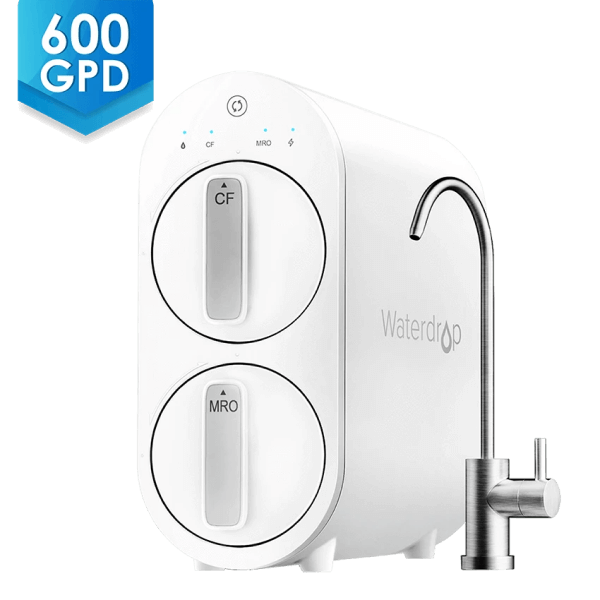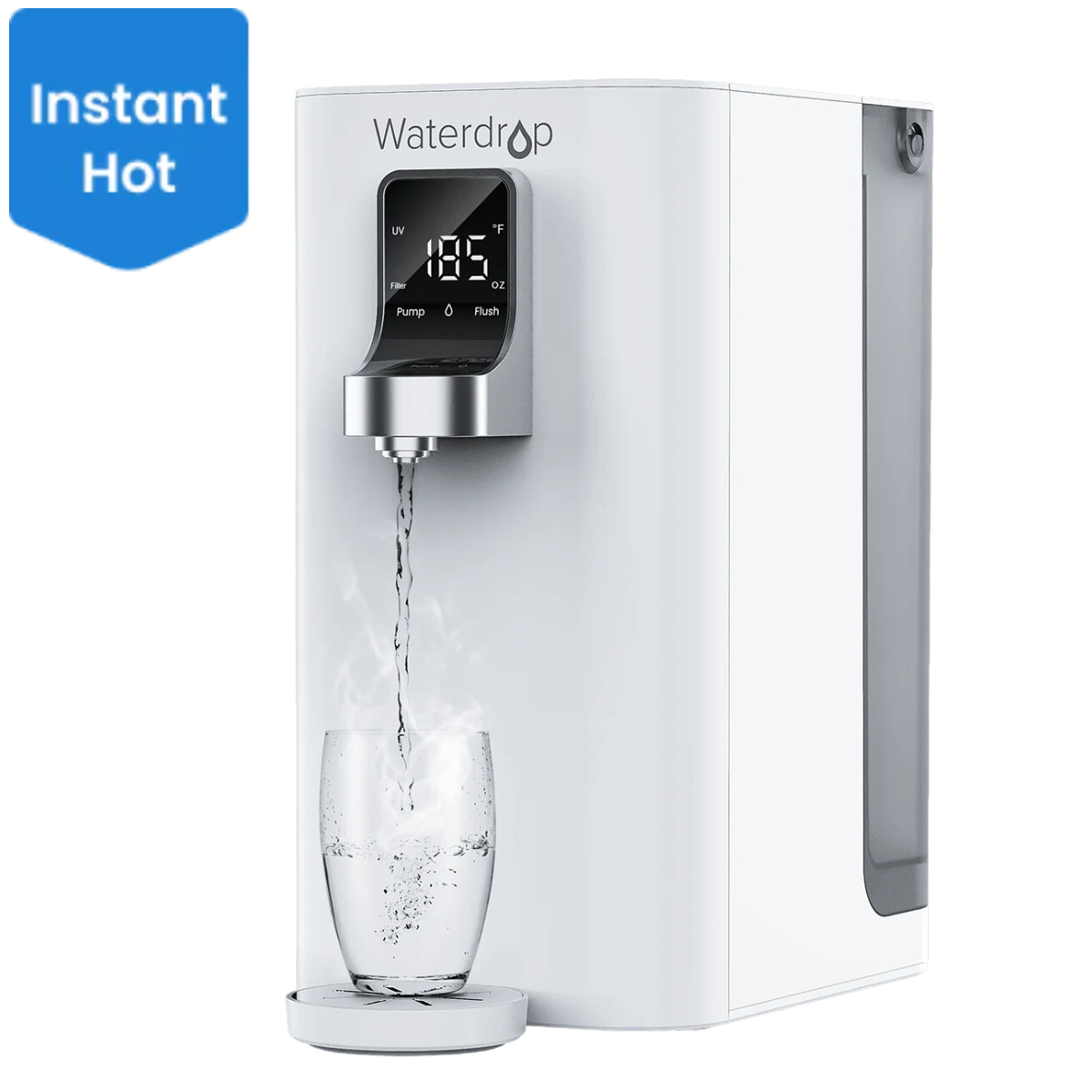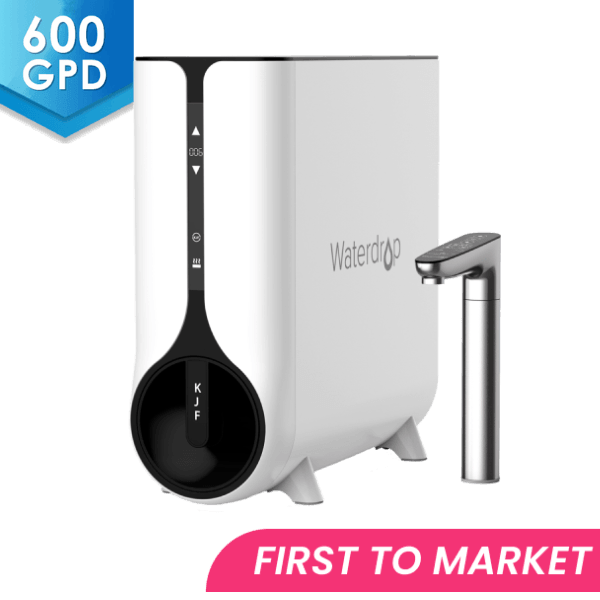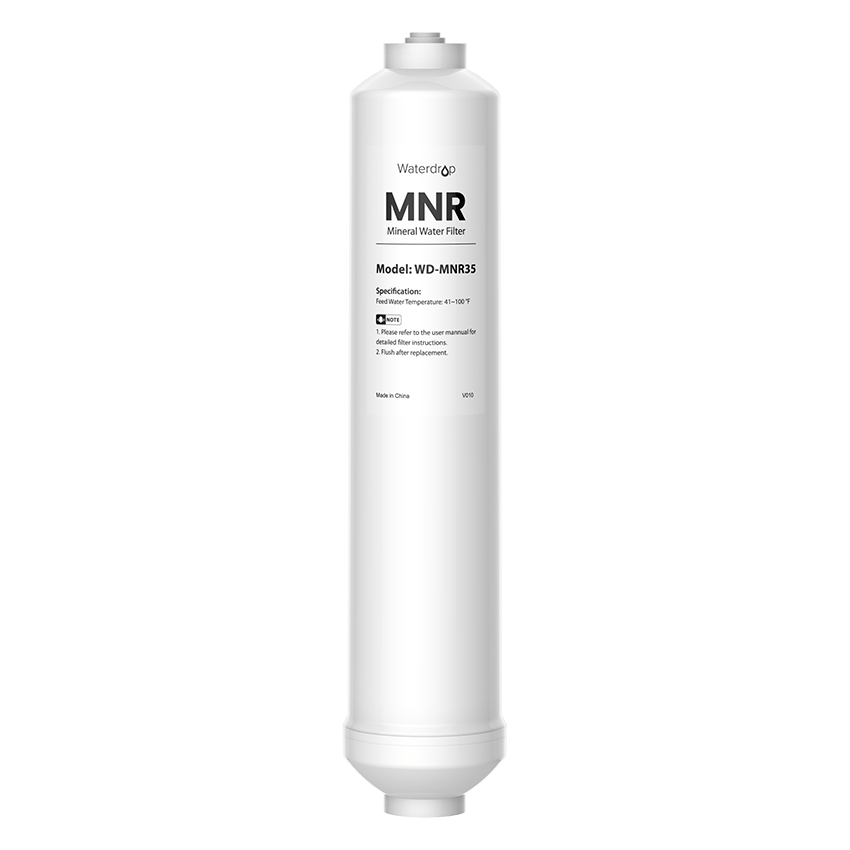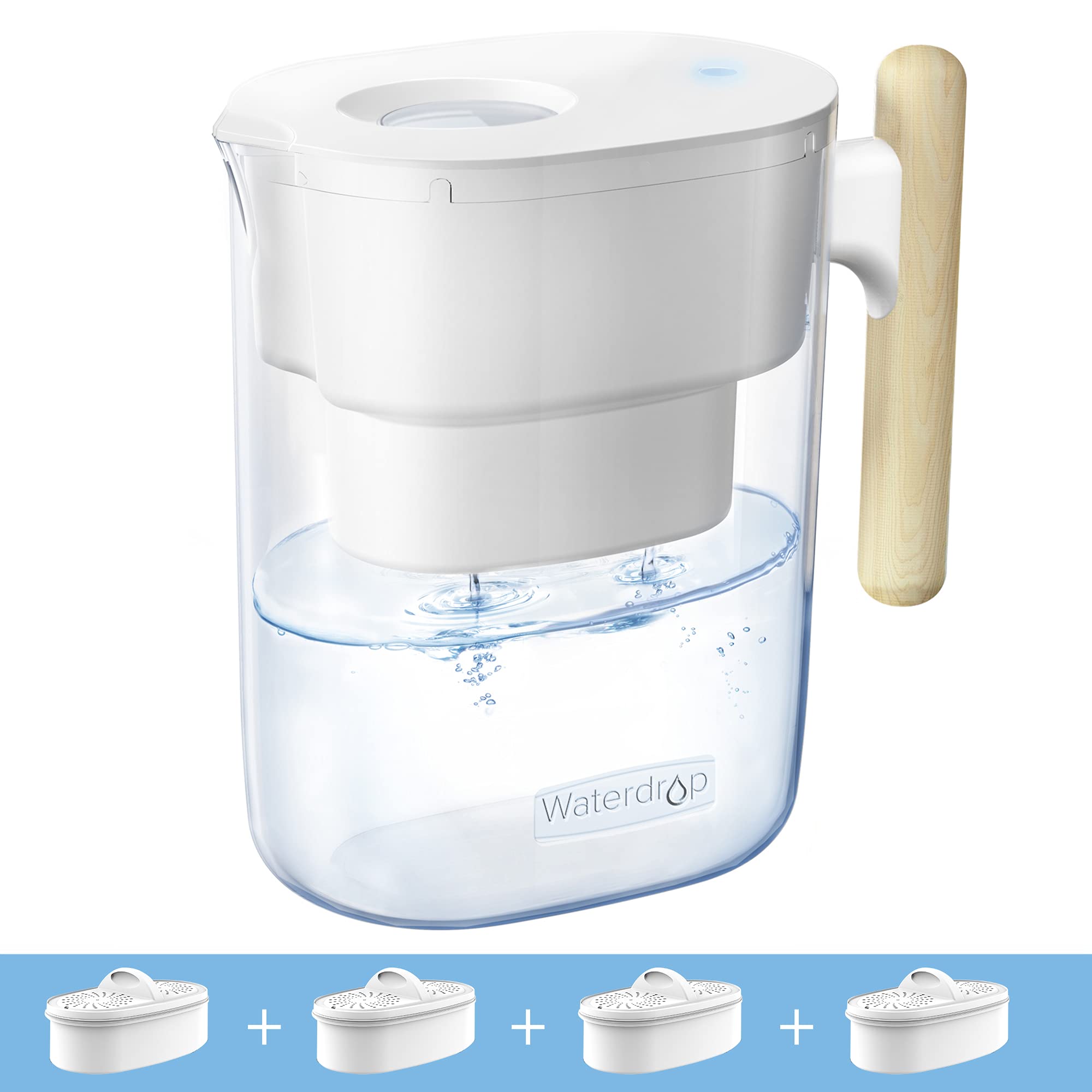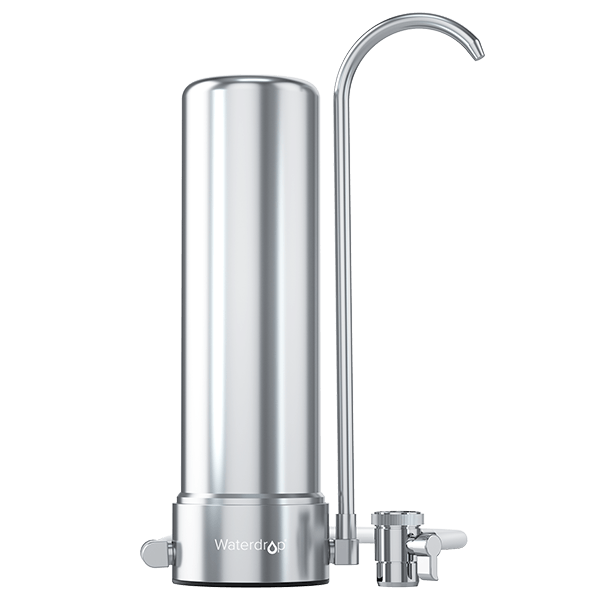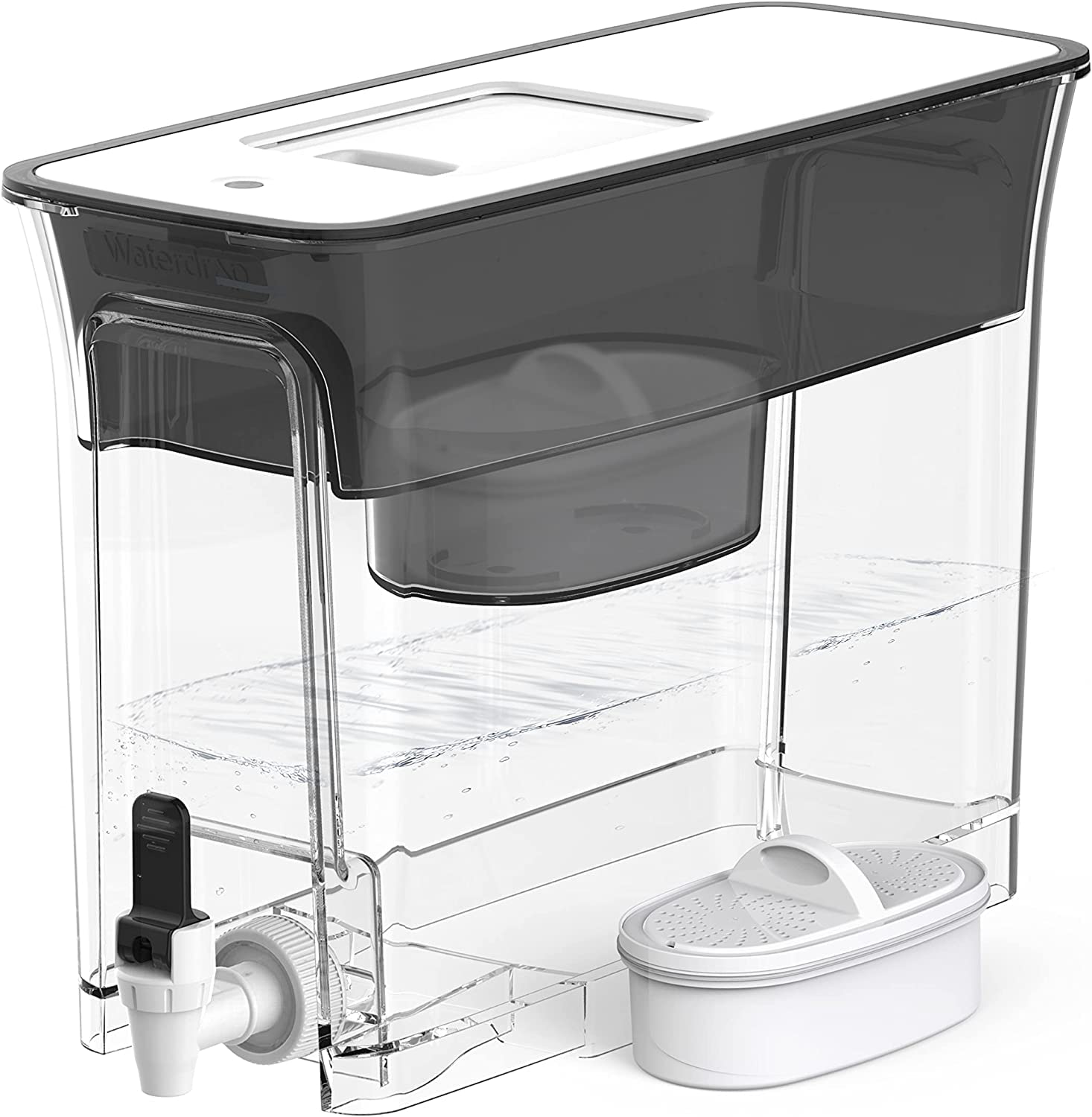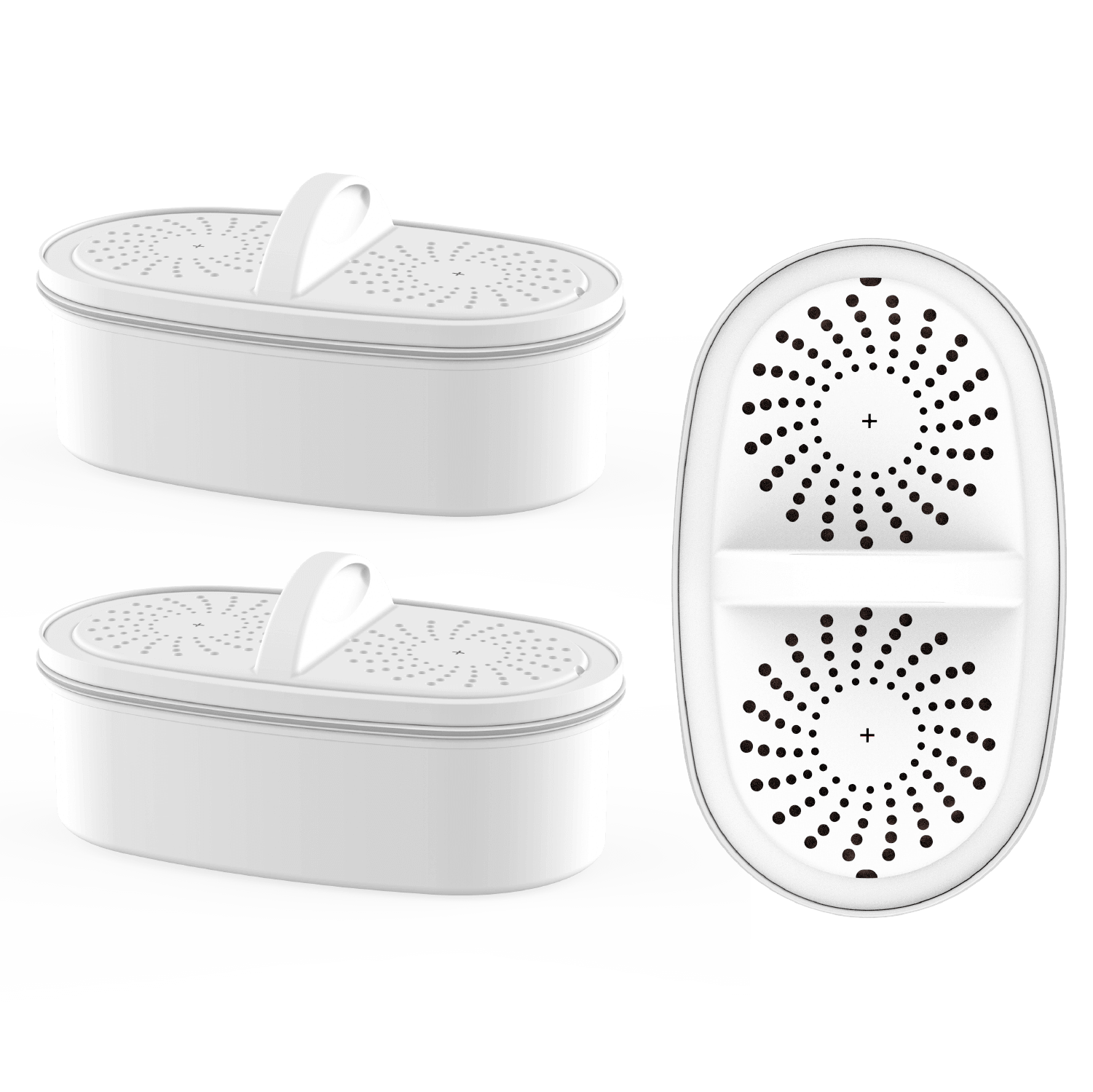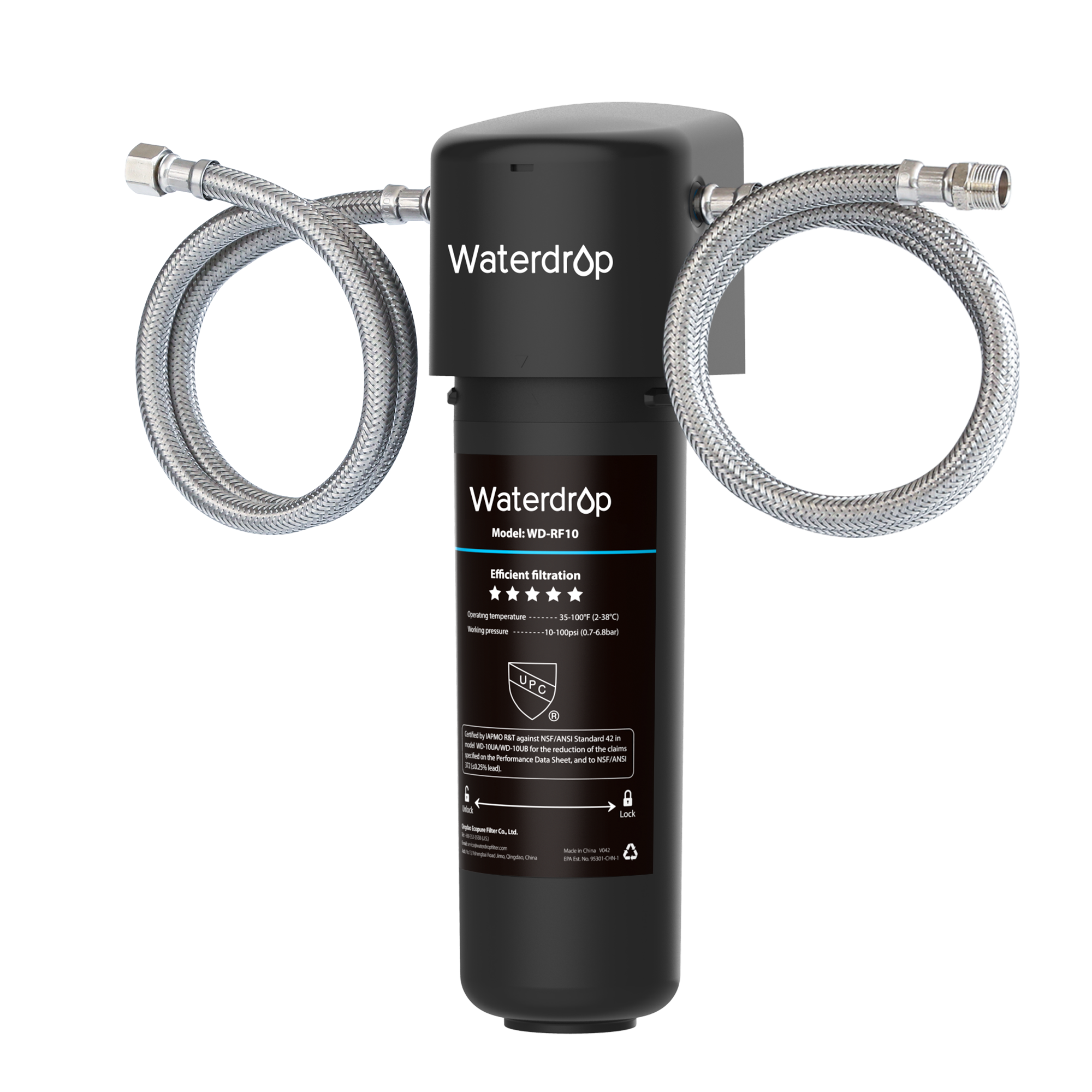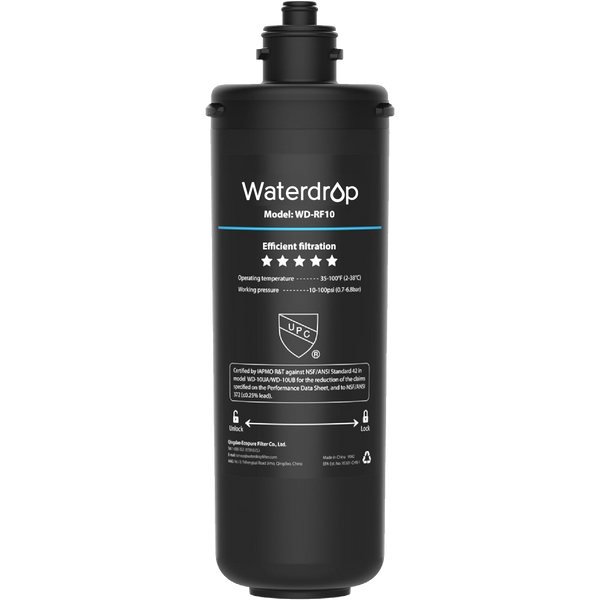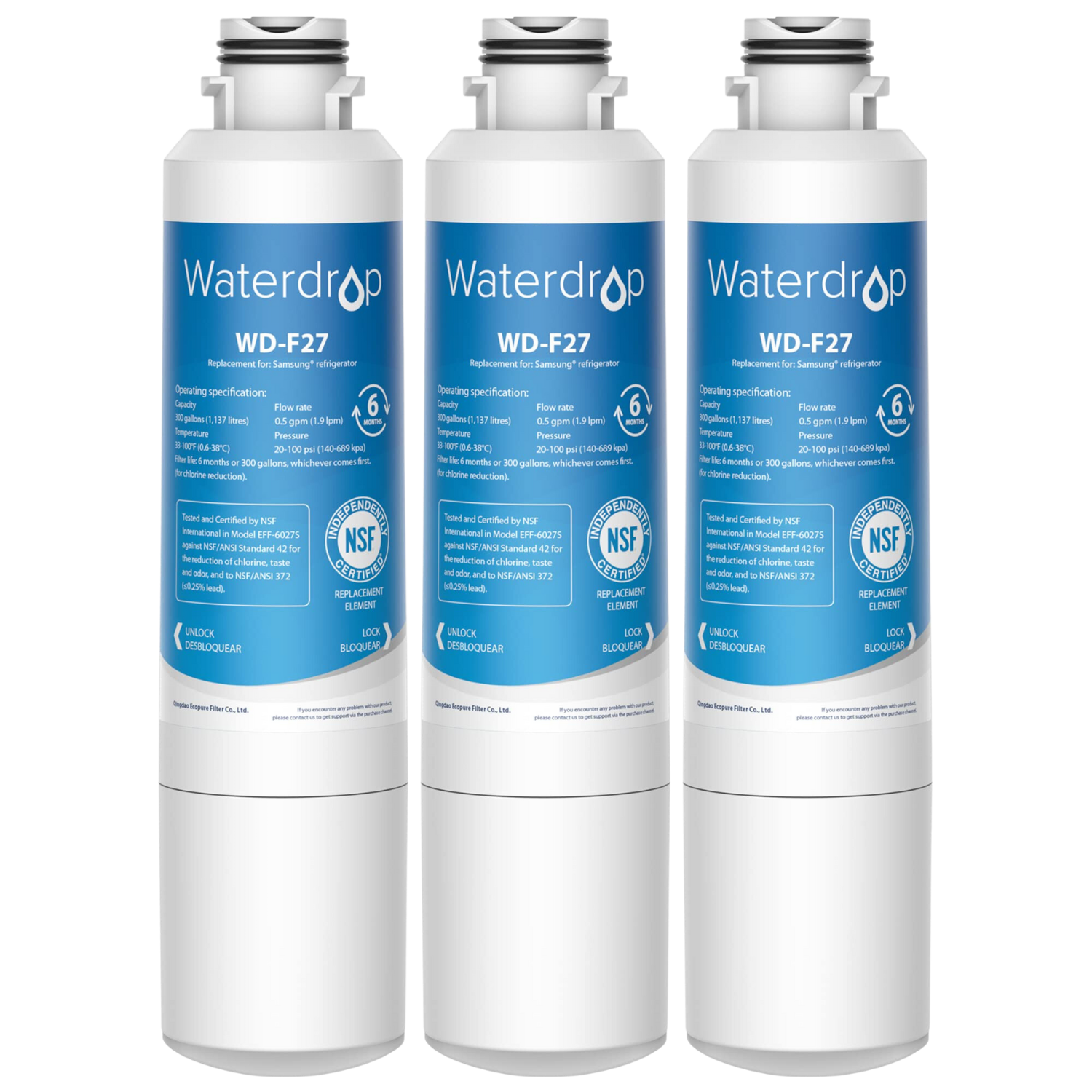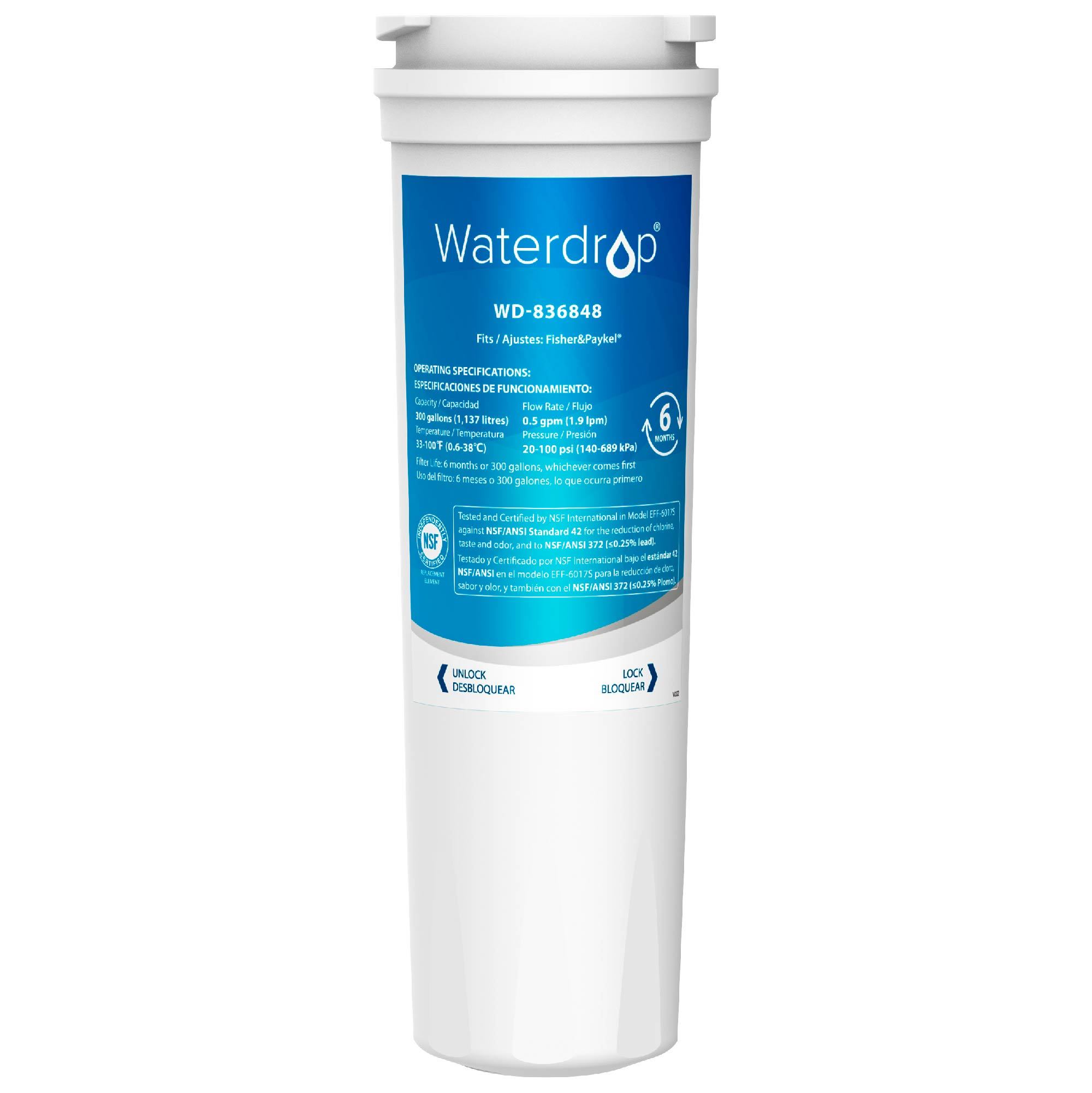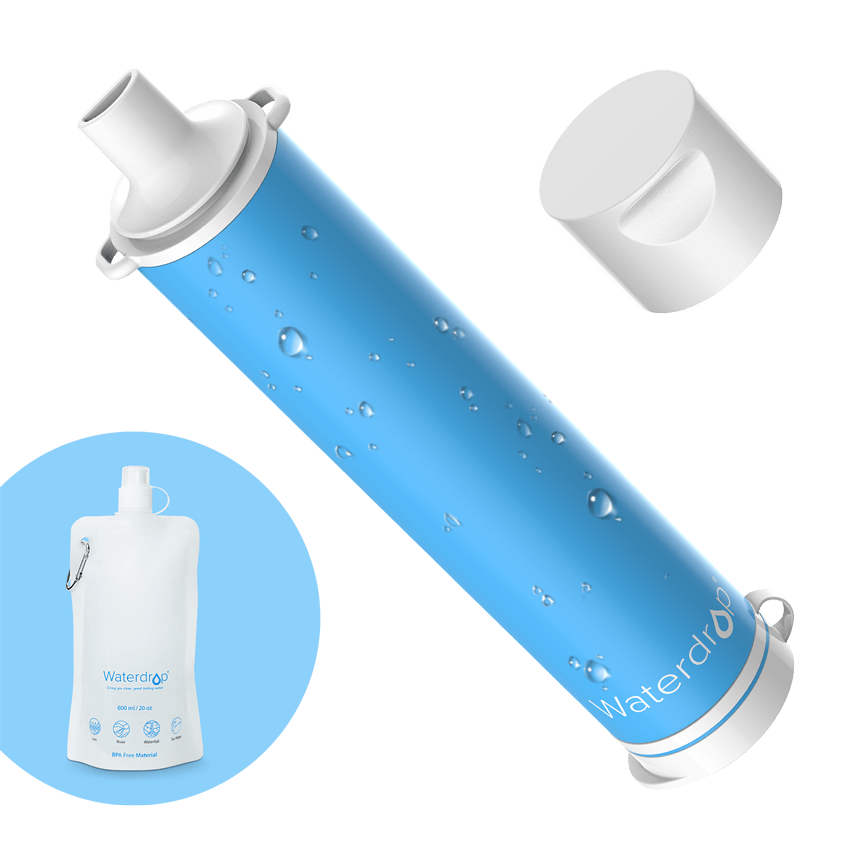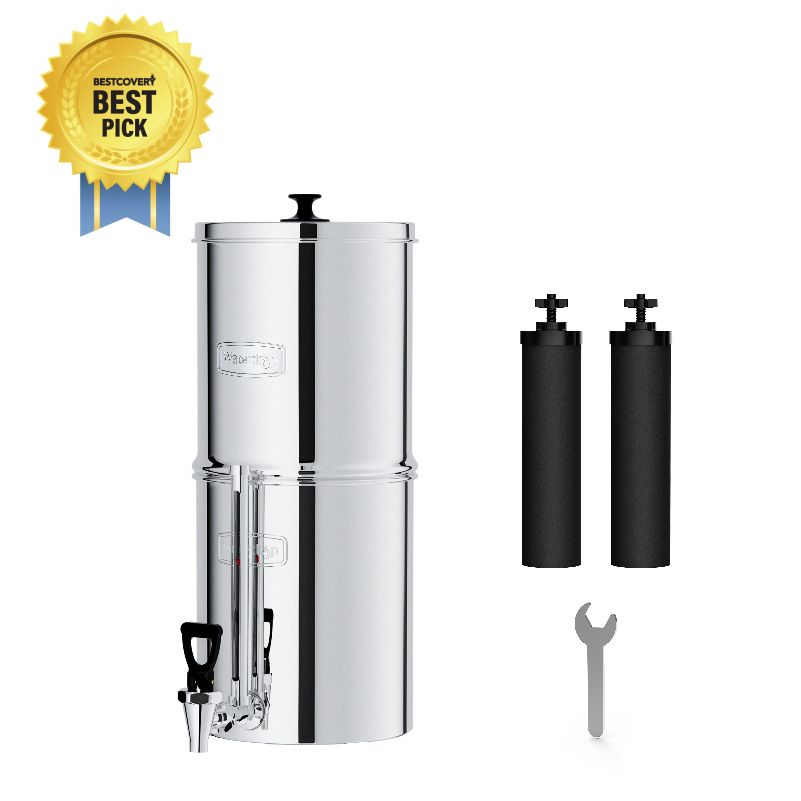Can You Consume Softened Water?
by Dr. Jonathan Doyle - Updated March 31, 2024
A water softener is a specialized filter that removes natural minerals from hard water. Substances like calcium and magnesium are among these minerals. Numerous people use water softeners because they generate soft water, which makes washing and bathing faster and more mild. Additionally, research shows soft water may increase the longevity of home appliances like coffee makers and dryers.
Since they do not generate healthy water, water softeners, unfortunately, do not generate water that is safe for drinking. Even though water softeners can remove hard minerals, they still leave behind many dangerous compounds. Because of this, water softeners are not typical water treatment systems like reverse osmosis , which can get rid of contaminants and harmful compounds in water. They only remove hard minerals, leaving most of the other pollutants behind.
How Water Softener System Works?
In simple words, a water-softening system is made up of several tiny resin beads that filter out the hard minerals as the water runs through them in the tank. All of the water that comes into your home has to go through the tank before it can be used because the water softener is tied to the main water line. The hard water changes into soft water as it goes through this process, but not before it comes out of the taps, showers, and other water-based fixtures.
The hard minerals are taken from the water by tiny resin beads. But even so, the water softener uses salt to clean the beads and get rid of the minerals that are in them. This is because salt pulls sodium into the beads while calcium and magnesium are being pulled out of them. Once the hard minerals are gone from the beads, they can scrub more water into the tank through the main water line to smooth it.
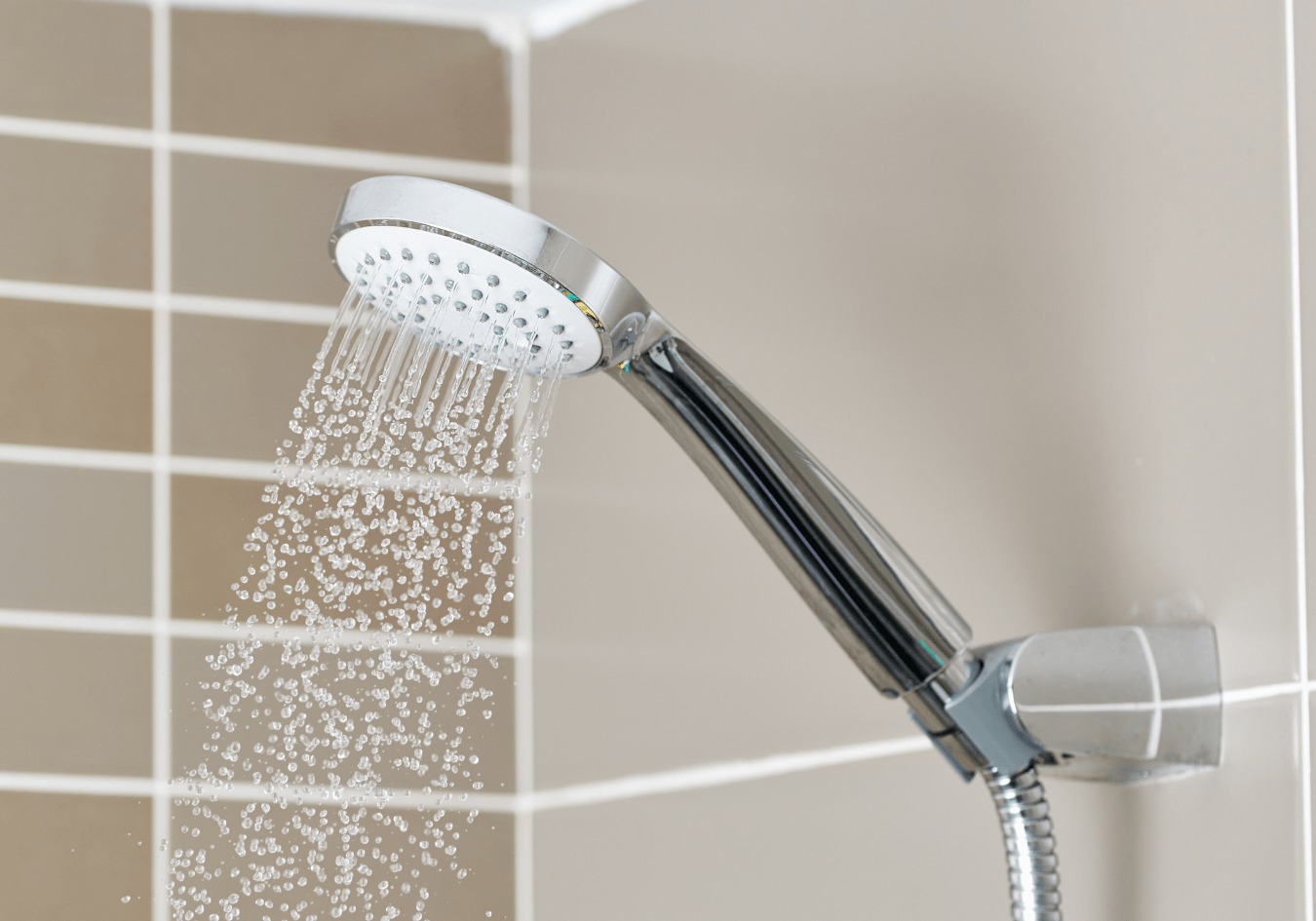
Problems with Water Purification From Softener Water
People need to be aware of the possible health risks of drinking water that has been softened by a water softener. Here is a list of those problems caused by.
Since we already talked about it, water softeners use salt to clean their resin beads . Sodium chloride, which is found in all salt, can be good for or bad for people’s health. Because salt is changing the hard minerals in the water, the amount of sodium in the water rises.
The body needs a small amount of salt to keep its nerves and muscles working properly. In any case, let’s say you drink too much salt every day. In that case, it could raise your blood pressure and make it more likely that you will have a heart attack or a stroke, which are both very serious heart health problems.

Regular use of soft water that has salt in it will definitely raise your blood pressure to dangerous levels. If you don’t already have high blood pressure, drinking soft water might help you. However, those who already have hypertension or high blood pressure run the risk of developing significant cardiovascular health problems soon.
While the main water line brings water to the taps, it can contain a number of common harmful pollutants. These toxins are not removed by water softeners. Here are a few examples of these possibly dangerous substances:
- Fluoride
- Lead
- Arsenic
- Chlorine
- Bacteria
- Viruses
- Parasites
- Pesticides
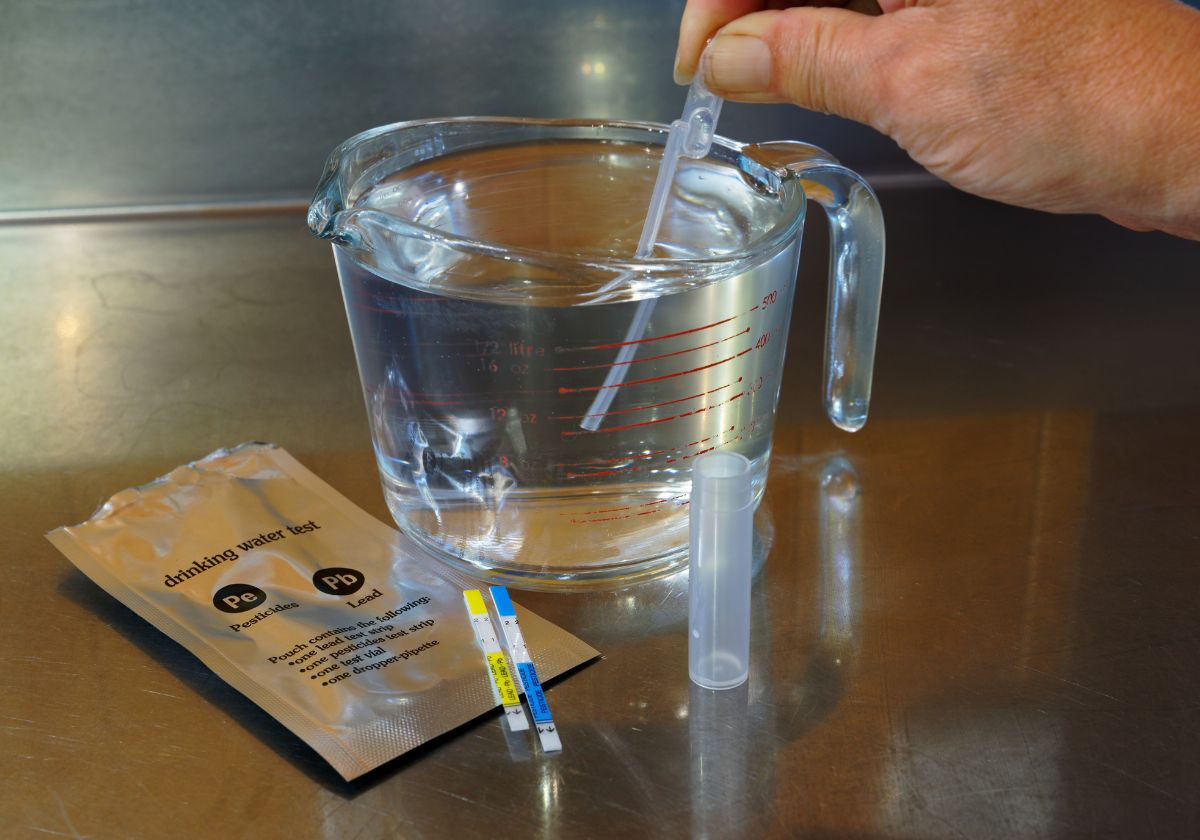
The local water treatment plants are in charge of getting rid of potentially dangerous pollutants in the water supply before it is given to everyone. Some of the ways they do this are by adding chemicals, like chlorine, to the water to kill any germs or viruses that might already be there. Unfortunately, these pollutants threaten the health of those drinking water.
Some of the potential health risks associated with these toxic pollutants include issues with reproduction, issues with the nervous system’s water filter system, gastrointestinal problems, neurological disorders, and potentially even cancer.
The Advantages of Using Reverse Osmosis Water Filter
A reverse osmosis system is needed to make the safest drinking water because it gets rid of 99% of the minerals and toxins in the water.
The main part of the process is a high-pressure pump that pushes water through a semi-permeable membrane to get rid of minerals and pollutants. When water hits the semi-permeable membrane under high pressure, it doesn’t let any more dirt or minerals pass through. The membrane only lets molecules of clean water pass through it.
The advantages of drinking water purified by a reverse osmosis system are listed below:
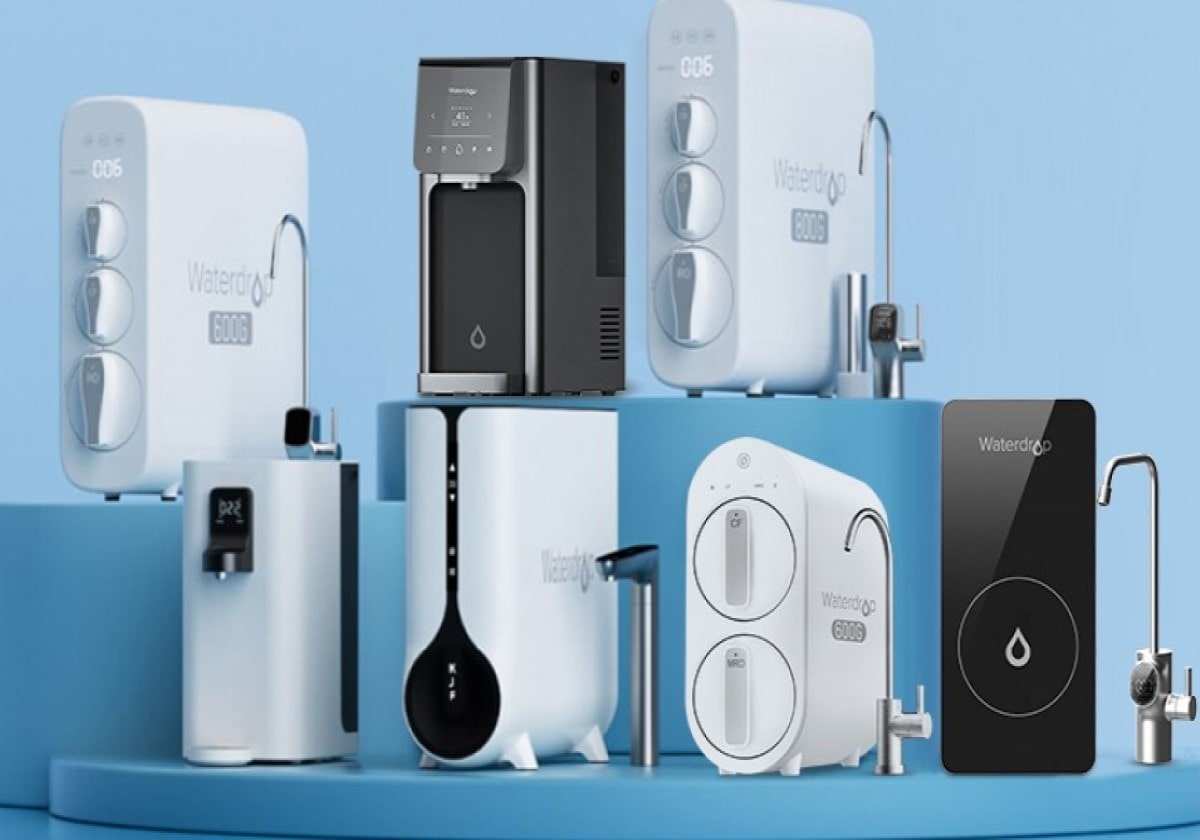
Reverse osmosis is one of the most popular ways to purify water because it can remove over 80 dangerous chemicals, including chlorine and disinfectants added by water companies to kill germs. Water that is completely free of any germs or disinfectants as a result is produced.
There are no health risks associated with drinking water that has been made through reverse osmosis. Since most of the salt has already been taken out, you don’t even need to worry about the sodium level of the water.
Water with minerals and pollutants may have an unpleasant and strange flavor. Reverse osmosis, on the other hand, can remove these minerals and pollutants from the water, leaving it with a clean, unadulterated flavor. The water may also be used in cooking in addition to drinking.
For example, when you cook rice or brew coffee using filtered reverse osmosis water, the flavor is far greater to when you use soft water or tap water. This water may also smell better to you.
Another good thing about reverse osmosis is that it might help you save money in the long run. The following ways in which you can save money by using a water filtration system that uses reverse osmosis:
- Power is not needed for a system that uses reverse osmosis to work. Your daily electricity costs will stay the same because of this.
- The generated purified water will save you money by eliminating the need to buy filtered water in bottles. Reducing the number of times you go food shopping and the amount you spend on gas is another way to save money.
- Since health problems are less likely to happen, trips to the hospital or doctors office will cost less.
The cost of installing a reverse osmosis water filter system is one-time, but it may save your household cash over the long run.
Conclusion
You now understand why drinking water that has been treated by a water softener is bad for both your health and your wallet. Since it is better for your health and doesn’t need as much upkeep as other methods, a water filtration system that uses reverse osmosis is a more advantageous water purification technique.
Get in touch with our water filtration company to learn more about reverse osmosis and how it may improve the quality of your household’s drinking water.


